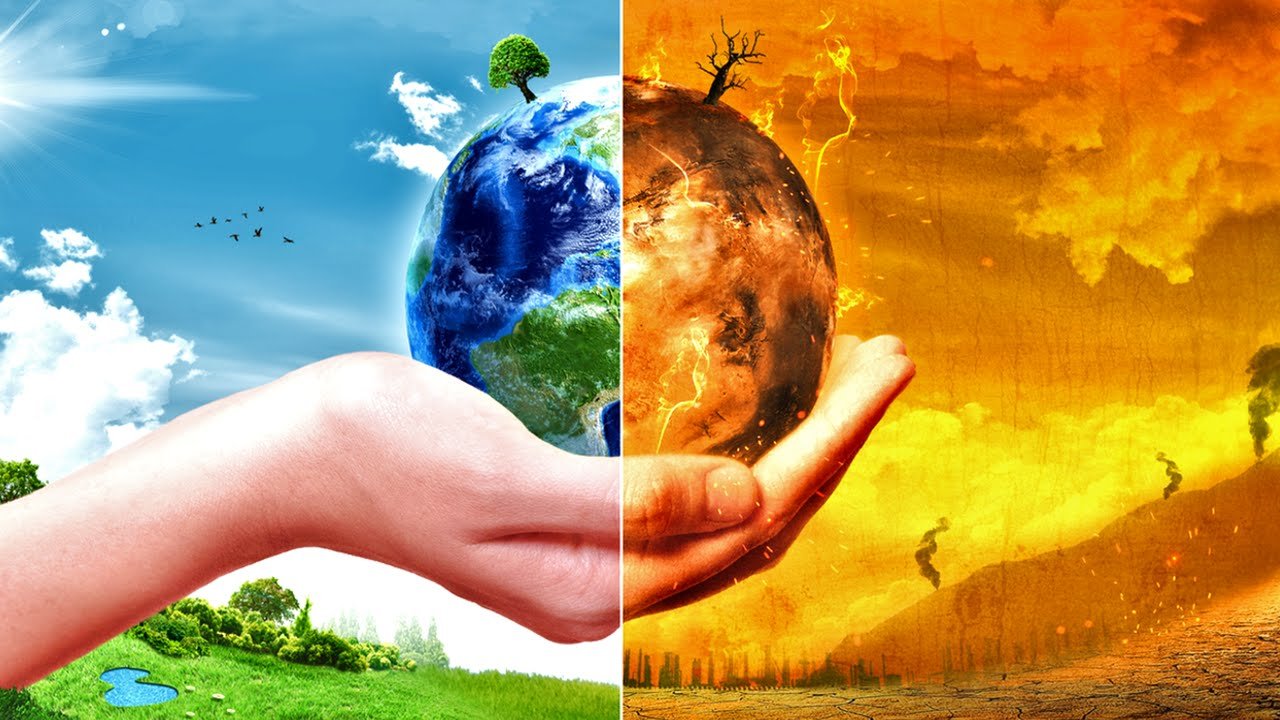
GTS PROJECTS POLICY
GTS (Gulf Technologies Systems) has been actively involved in various special projects focused on Carbon Dioxide Removal (CDR) and combating desertification worldwide. These projects aim to address the pressing issues of climate change and land degradation, which pose significant threats to ecosystems, biodiversity, and human well-being.
Carbon Dioxide Removal (CDR) Projects:
GTS has been at the forefront of developing and implementing innovative CDR technologies to mitigate the impacts of climate change. Some of their notable projects include:
- 1. Direct Air Capture (DAC): GTS has invested in the development of advanced DAC systems that can extract carbon dioxide directly from the atmosphere. These systems use chemical processes to capture CO2, which can then be stored or utilized in various applications, such as enhanced oil recovery or the production of low-carbon fuels.
- 2. Bioenergy with Carbon Capture and Storage (BECCS): GTS has been involved in projects that combine bioenergy production with carbon capture and storage. By growing biomass, which absorbs CO2 during its growth, and then burning it for energy while capturing and storing the resulting CO2 emissions, BECCS provides a net-negative carbon emission solution.
- 3. Afforestation and Reforestation: GTS has supported large-scale afforestation and reforestation projects in various regions worldwide. By planting trees and restoring degraded forests, these projects help to sequester carbon dioxide from the atmosphere, improve biodiversity, and provide numerous ecosystem services.
Desertification Projects:
GTS has been actively engaged in projects aimed at combating desertification and restoring degraded land in arid and semi-arid regions around the world. Some of their key initiatives include:
- 1. Sustainable Land Management (SLM): GTS has promoted the adoption of SLM practices, such as agroforestry, conservation agriculture, and integrated watershed management, to prevent land degradation and restore degraded areas. These practices help to improve soil health, enhance water retention, and increase the resilience of ecosystems to climate change.
- 2. Dryland Restoration: GTS has been involved in projects focused on restoring degraded drylands through techniques such as sand dune stabilization, revegetation, and the establishment of green belts. These efforts help to prevent soil erosion, improve water availability, and create habitat for biodiversity.
- 3. Sustainable Irrigation Systems: GTS has supported the development and implementation of efficient irrigation systems, such as drip irrigation and rainwater harvesting, to optimize water use in arid and semi-arid regions. These systems help to reduce water waste, improve crop yields, and enhance the resilience of agricultural systems to drought and climate change.
- 4. Community-Based Approaches: GTS has emphasized the importance of engaging local communities in desertification projects. By involving farmers, pastoralists, and other land users in the planning, implementation, and monitoring of these projects, GTS aims to ensure the long-term sustainability and success of their interventions.
Through these special projects focused on CDR and desertification, GTS has demonstrated its commitment to addressing global environmental challenges and promoting sustainable development. By leveraging cutting-edge technologies, innovative approaches, and collaborative partnerships, GTS continues to make significant contributions to the fight against climate change and land degradation worldwide.